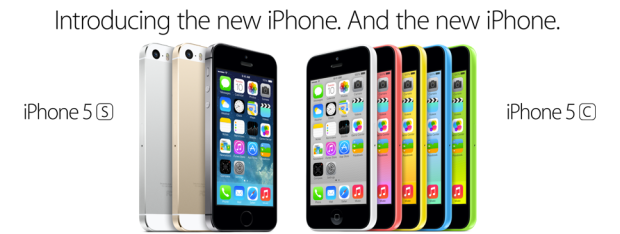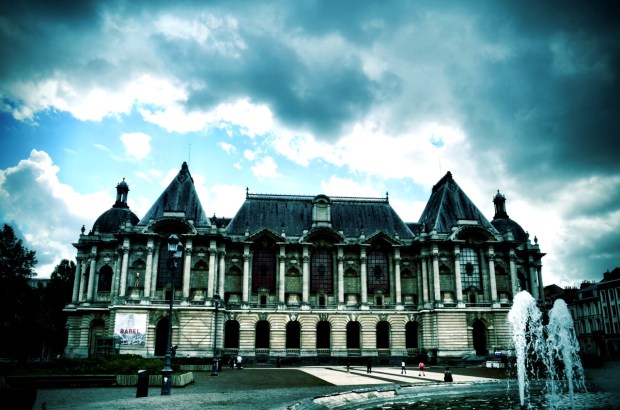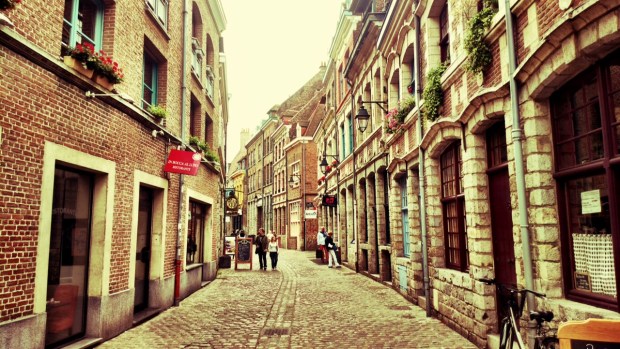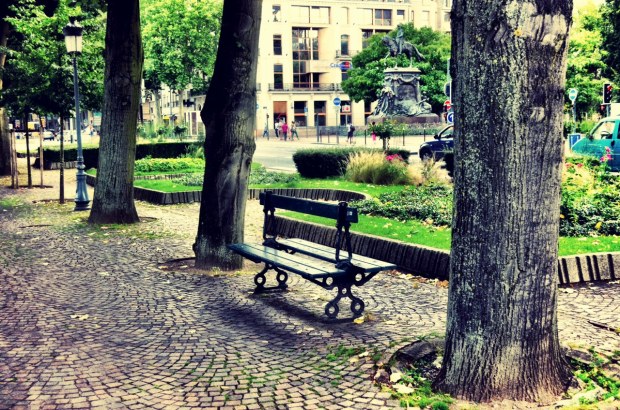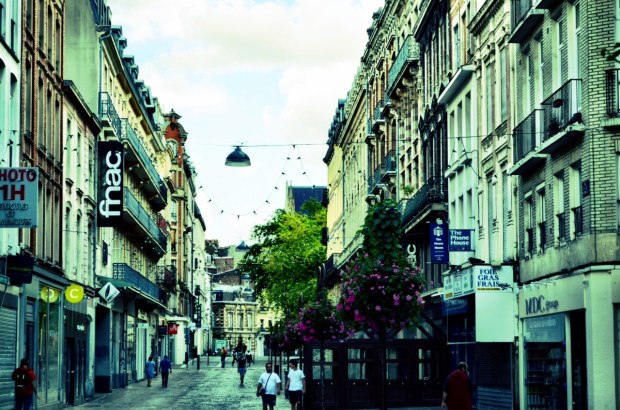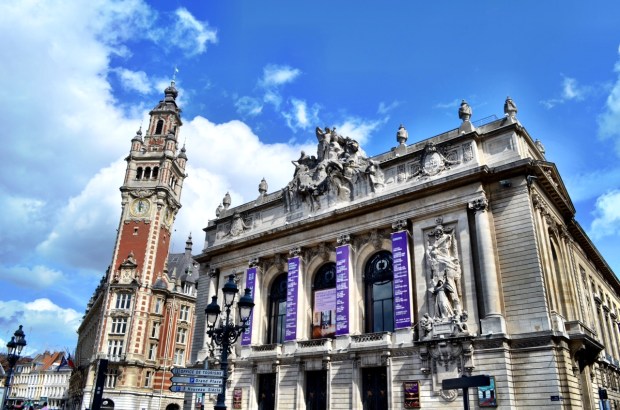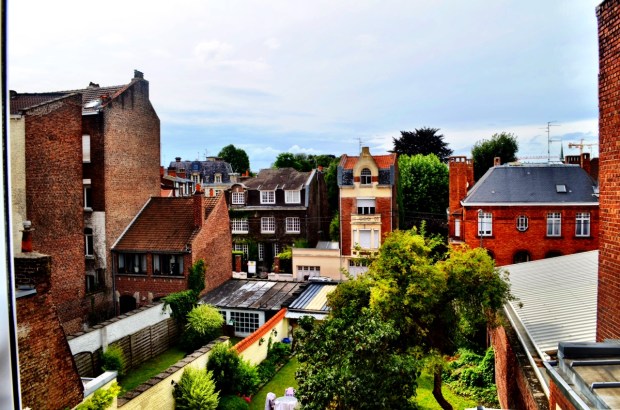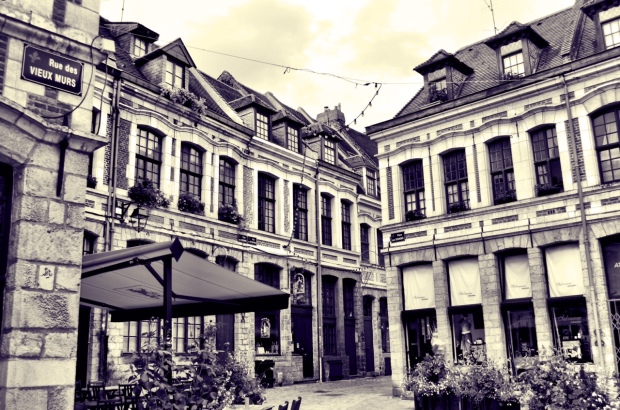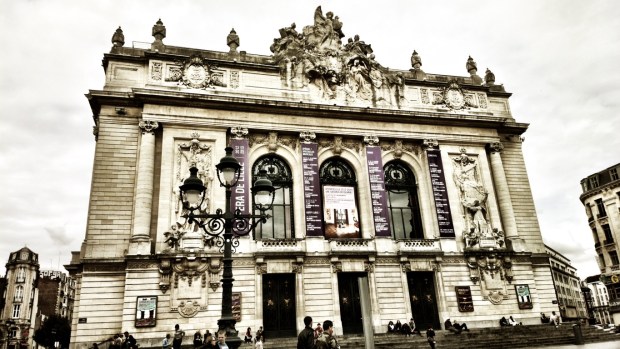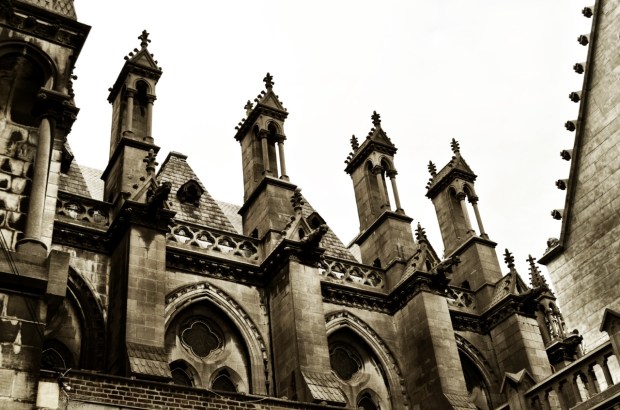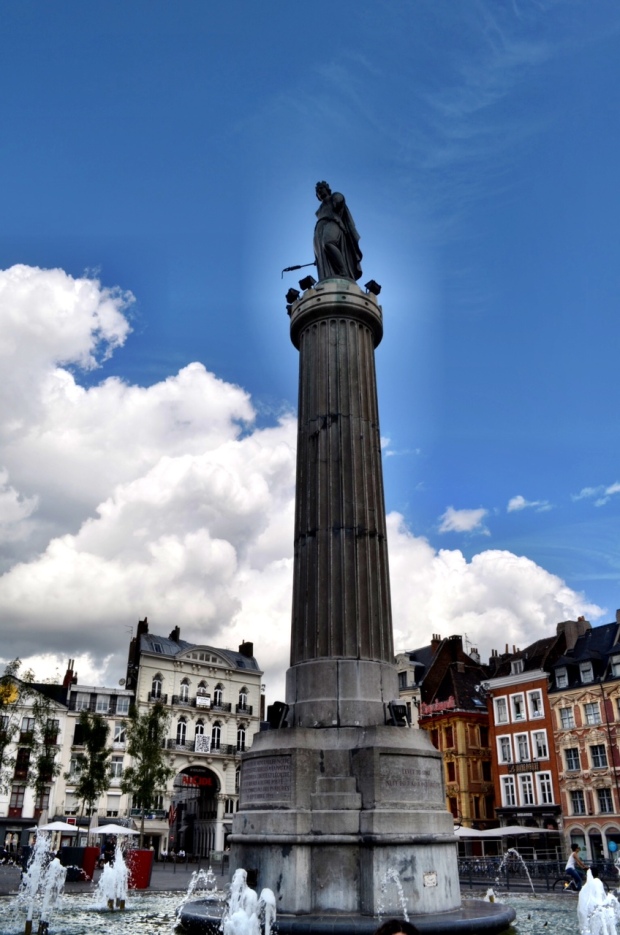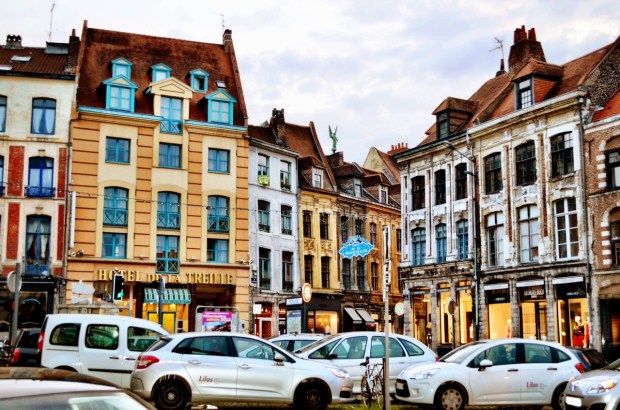It wasn’t enough for Lebanon’s iPhone users had to deal with the device not being officially released by Apple in the country yet with exorbitant prices and no customer service for their device. Starting in June, regulations have made getting their device into the country harder than ever.
The iPhone 5S and iPhone 5C were released recently around the world to massive customer reception. Their prices in Lebanon, however, are about $1100 for the 16GB version of the iPhone 5S and $720 for the 16GB version of the 5C. To compare, the 16GB version of the iPhone 5S in the United States is $649 whilst the same version of the 5C retails at $549.
Many Lebanese, like yours truly, refuse to succumb to these black market prices and a government which couldn’t give a rat’s ass as long as it’s making enough money for the people running it to remain afloat but still convince everyone that their beloved regulations are in our best interest. Therefore, we buy our devices from abroad and wait for someone to bring them into the country.
Prior to June 2013, that process was as simple as it gets. The phone would come in, we’d unbox it, put it our simcards and we’d be up in running in no time. Today, getting the phone into a state of functionality means getting it registered by a procedure that is retarded but still somehow makes sense for those in governance. Why so? Because they want to take back the millions lost through phone smugglings. How so? By screwing every Lebanese over in the process both bureaucratically and financially.
According to Twitter user Wissam Chidiak, @Fletchergull, the iPhones 5S and 5C don’t get the same treatment that other phones in the market do. Their price tag wasn’t enough, so our government is making it even harder to get an iPhone in Lebanon.
Say you got an iPhone 5S from the United States and wanted to bring it into Lebanon, your passport must not have any other phone registered to it in the past 6 months in order to get the phone working on Lebanese networks. The iPhone 5S or 5C, in order to be registered, take up all 3 phone spots that you are allowed on your passport for a 6 months duration. You won’t be allowed to bring in any other phone to the country if you’ve traveled within that timezone.
Furthermore, the passport being used to get the phone up and running on Lebanese networks must not have entered the country prior to September 24th. The iPhone 5S and 5C were launched on September 20th. Technically, a Lebanese could have had them in the country by the 21st. He wouldn’t have been able to get them registered, however, because that’s what our telecom ministry wants.
Mr. Chidiac has contacted both alfa and Touch, Lebanon’s only telecom operators, who confirmed on separate occasions that the aforementioned regulations are, indeed, true. They were adamant, however, that those regulations are not operator-based and are entirely enforced by the telecom ministry. Chidiac has also tried to contact minister Sehnaoui on Twitter via direct messages, which the minister couldn’t not have read, public mentions of those direct messages which anyone could read. The minister has failed to reply.
You could say that these regulations are in place given that the devices are new and all. But even that argument runs moot with our government because other newer devices do not suffer from the same treatment. Samsung’s Note 3, which was released on September 25th – 5 days after the new iPhones, can be registered with passports that have entered the country prior to the phone’s release. It also takes up only one phone slot out of the three you are allowed. Perhaps our telecom ministry wants to gradually but surely enforce one brand upon the Lebanese population simply due to availability and ease of access?
Our telecom ministry is proud of the advancements that have taken place recently, as is their right, despite some of those achievements having a big “however” plastered all across them – the 4G network comes to mind. At the rate we’re going however, I’m longing for the day when I was able to simply pop in a sim, get it to work then remove it and have my phone “liberated” as is, when my freedom as a customer to buy whatever I wanted from wherever I wanted, within Lebanese law, was still cherished and not subject to demented, silly and retarded regulations that only serve to inflate the pockets of those benefiting from them. Those regulations, Mr. Sehnaoui, not the 4G network, will be your legacy when you’re a minister of telecom no more.

